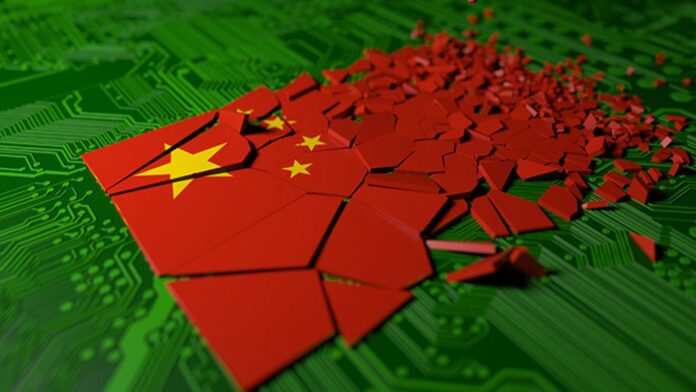
Beijing, China: The Chinese Communist Party (CCP) and its authoritarian rule have been imposing heavy restrictions, fines, and other forms of control on tech giants in China in the form of a ‘common prosperity’ campaign. This campaign emphasizes the transformation of the Chinese economy and the redistribution of wealth in order to achieve a greater level of economic equality.
The necessity for a crackdown is addressed in the campaign through discussion of the “Red New Deal” agenda. The idea of Red highlights the actions of old-fashioned communist logic, like Companies that obstruct the government’s efforts will be penalized.
However, the Government of China is still getting support from citizens for its pledge to reduce inequality and provide equal opportunity to common people.
The recent crackdown is seen as an attempt to control the sector and restrict the influence of tech corporations. The range of industries targeted makes it more difficult to pin down a specific objective; strengthened enforcement of antitrust laws and improved data protection.
As per the reports, Alibaba was the first company who becomes a target of China’s antitrust investigation. He was punished with 2.8 billion dollars, signalling the start of Beijing’s extraordinary crackdown. Alibaba also lost two-thirds market value.
China, most leading tech companies are:
- Tencent (A Chinese technology giant that specializes in Internet-related services) and
- Meituan, a Chinese e-commerce platform that provides on-demand services such as food delivery and hotel and travel bookings, was a target for antitrust probes and was fined more than 530 million dollars,
- DiDi is a leading ride-hailing company in China and the world, and it was suspended for suspected violations of cybersecurity laws.
The Chinese government’s market regulator, the State Administration of Market Regulation (SAMR), created in 2018, is primarily responsible for these crackdowns.
Moreover, Data security, content control, financial risk, marketing deception, worker’s rights, antitrust, and burden are also detected by citizens of China under the authoritarian CCP regime.